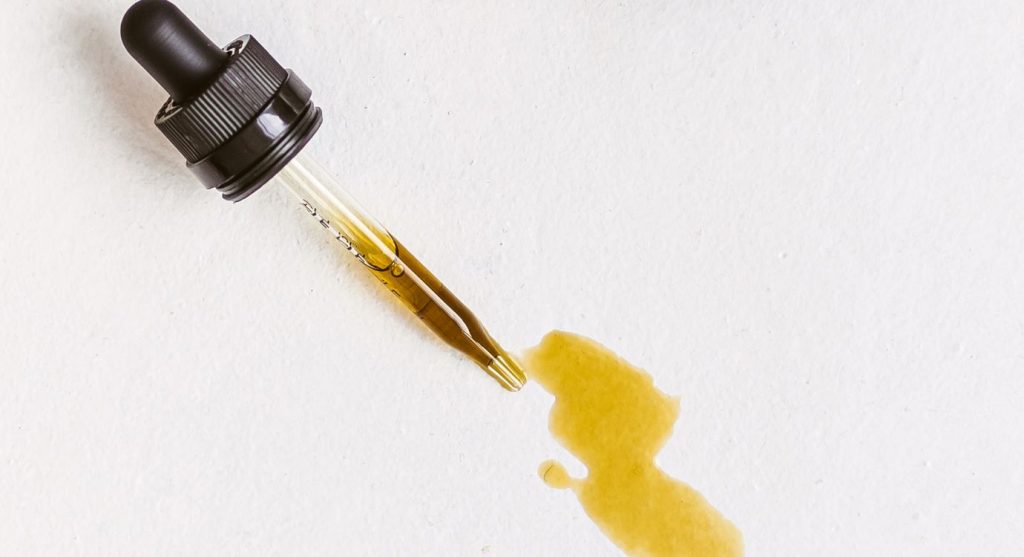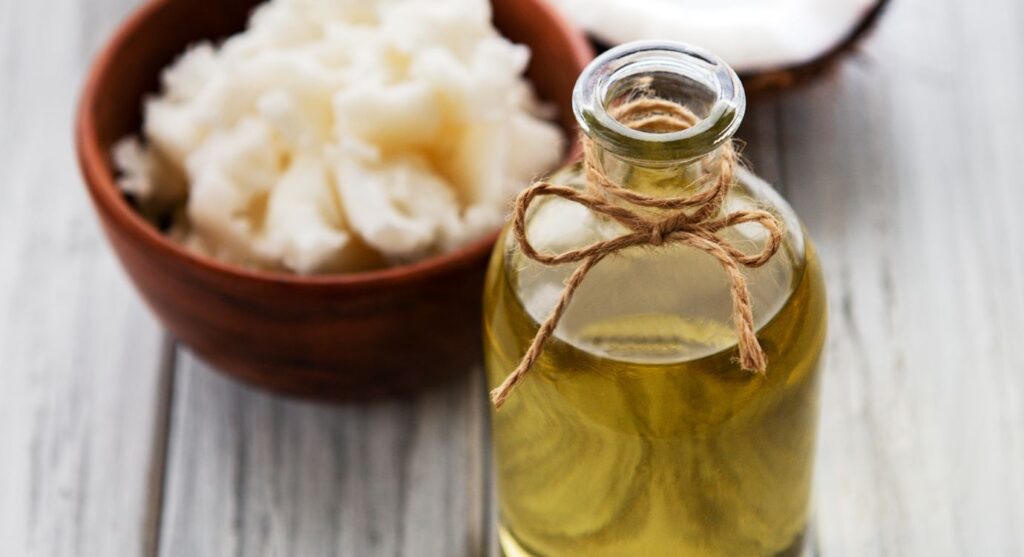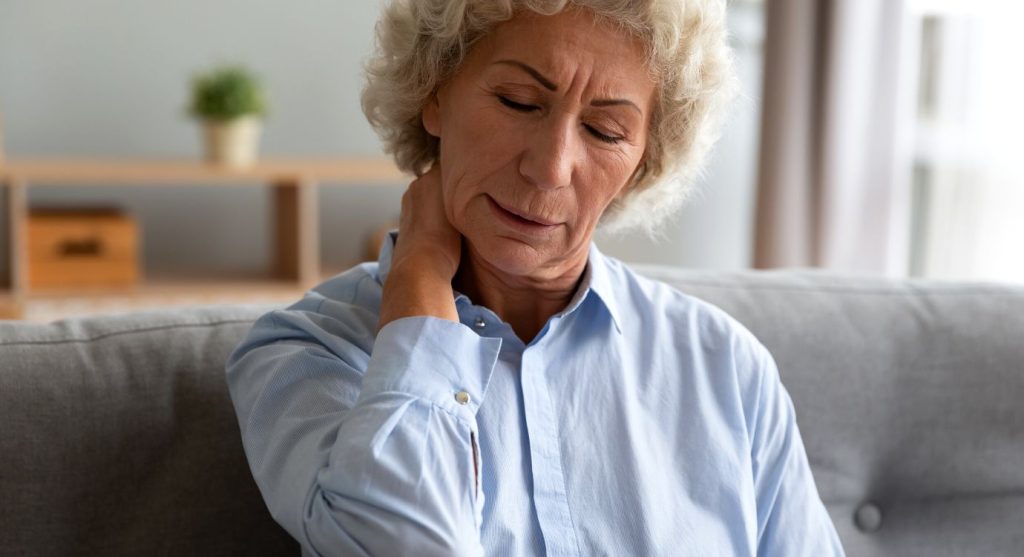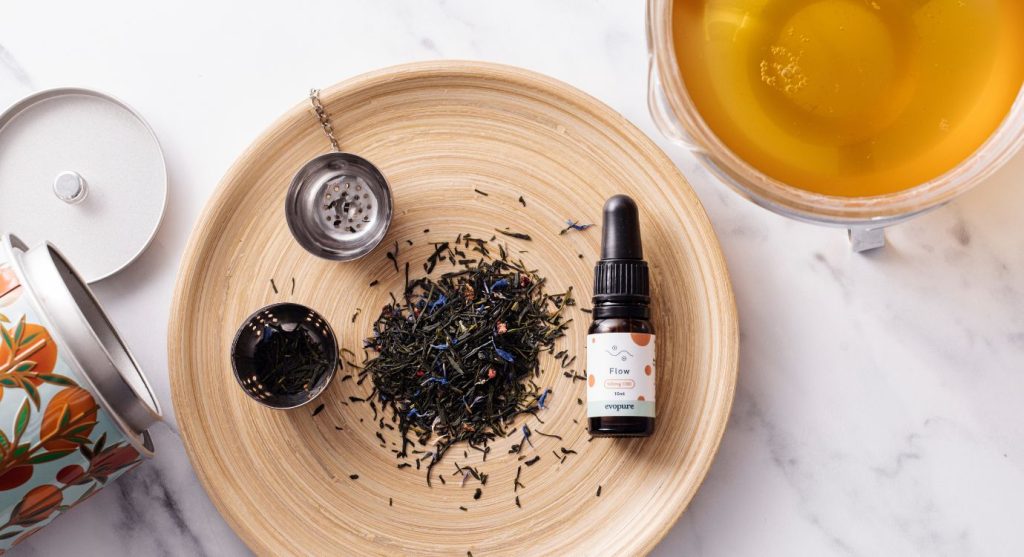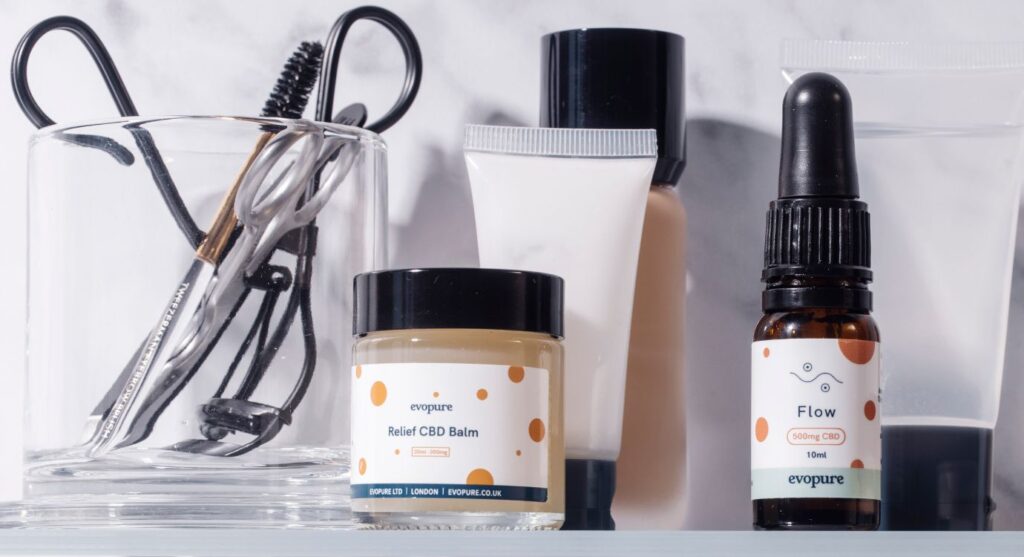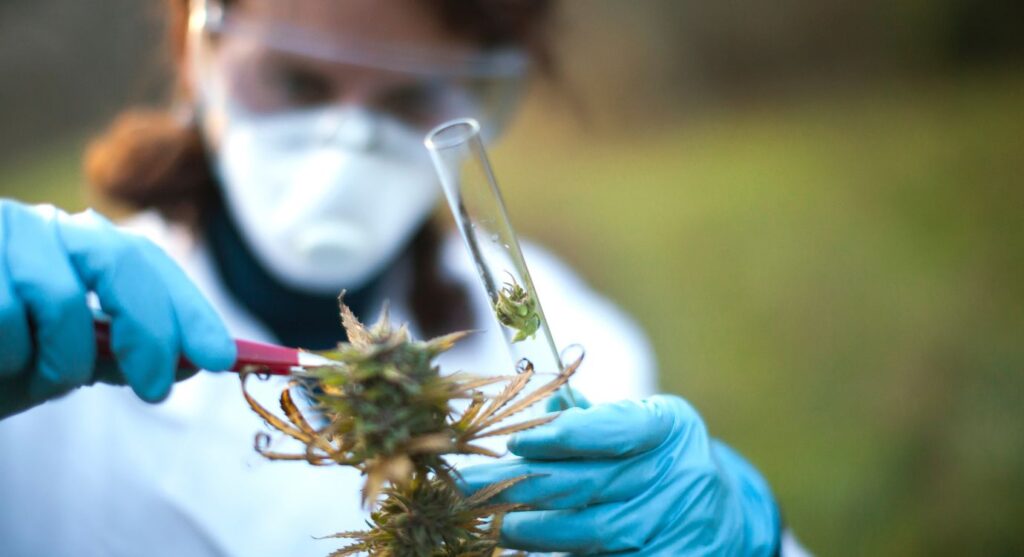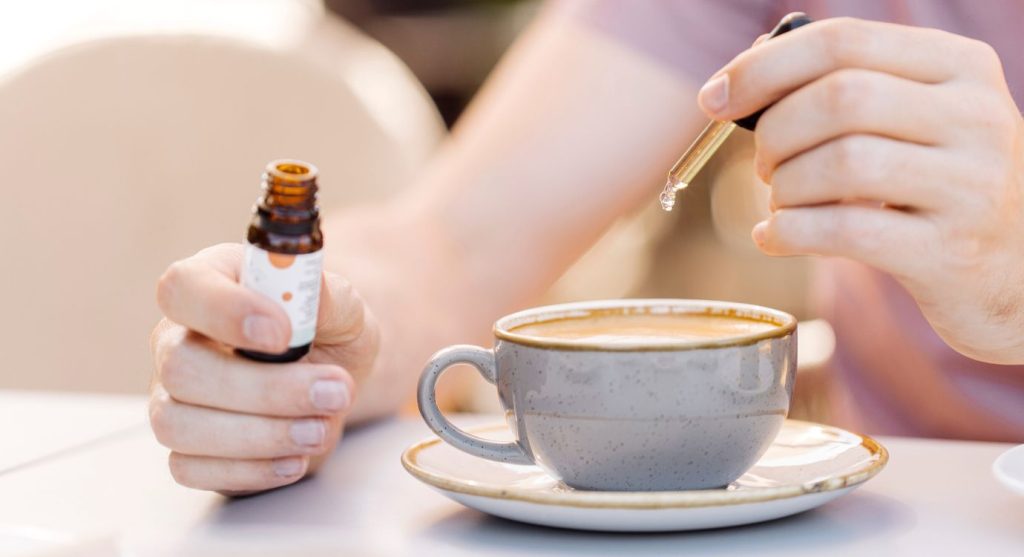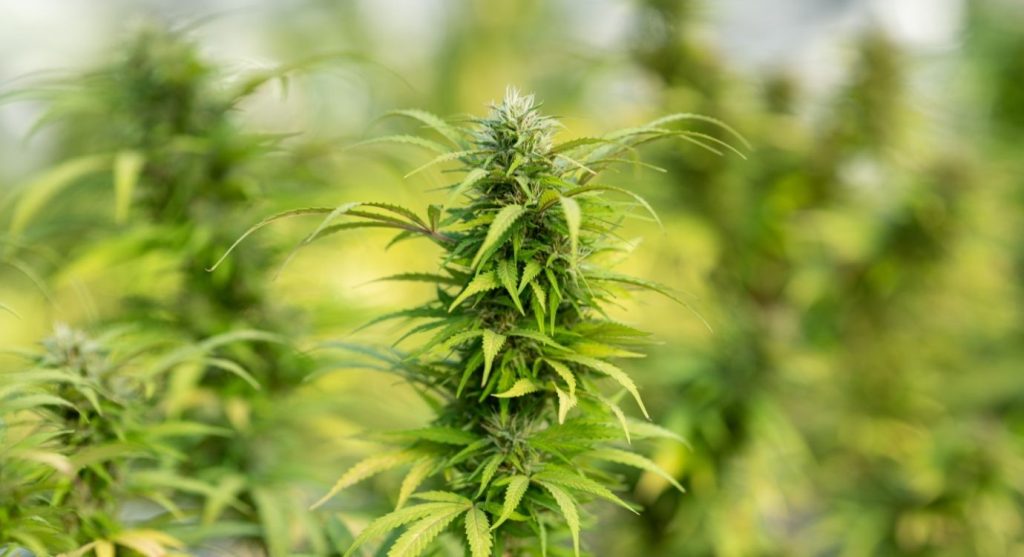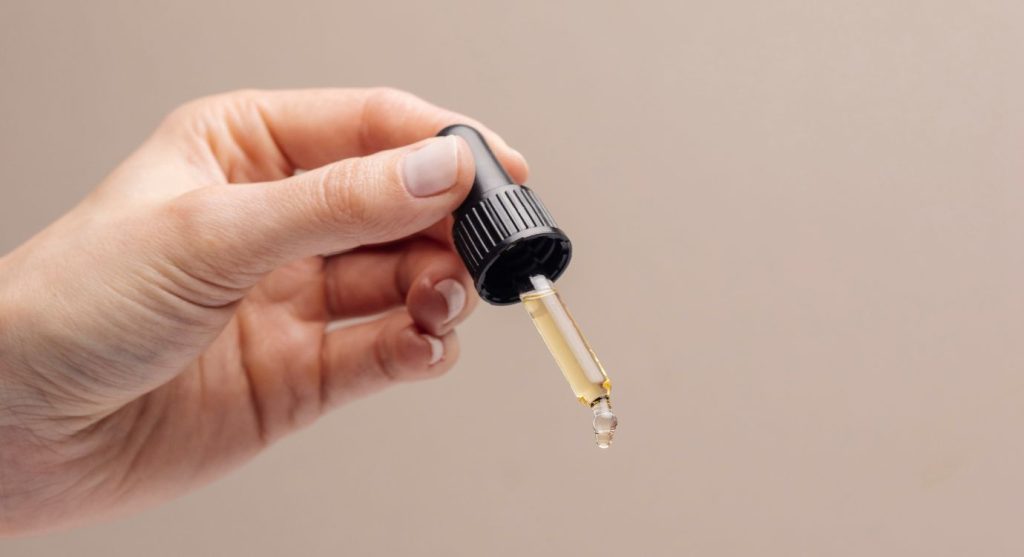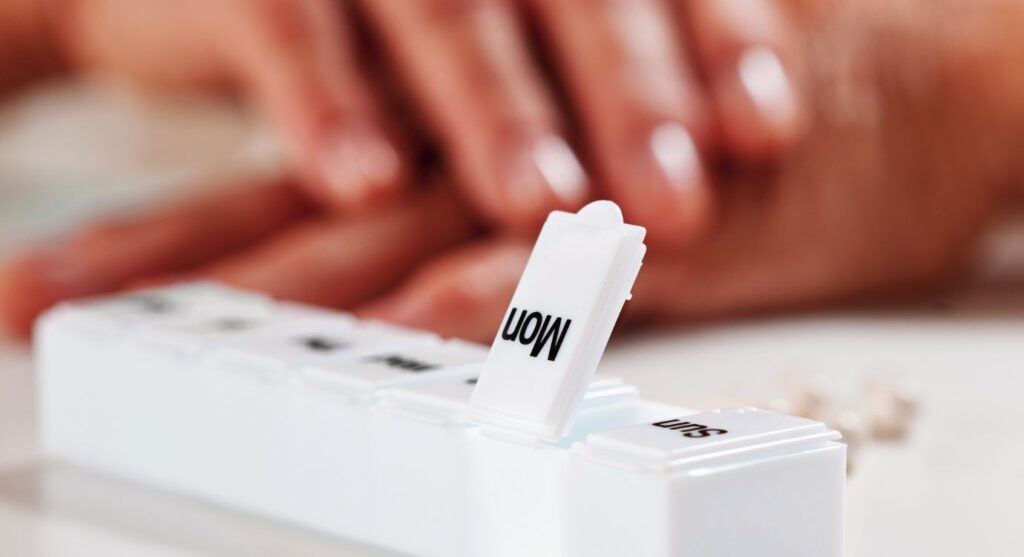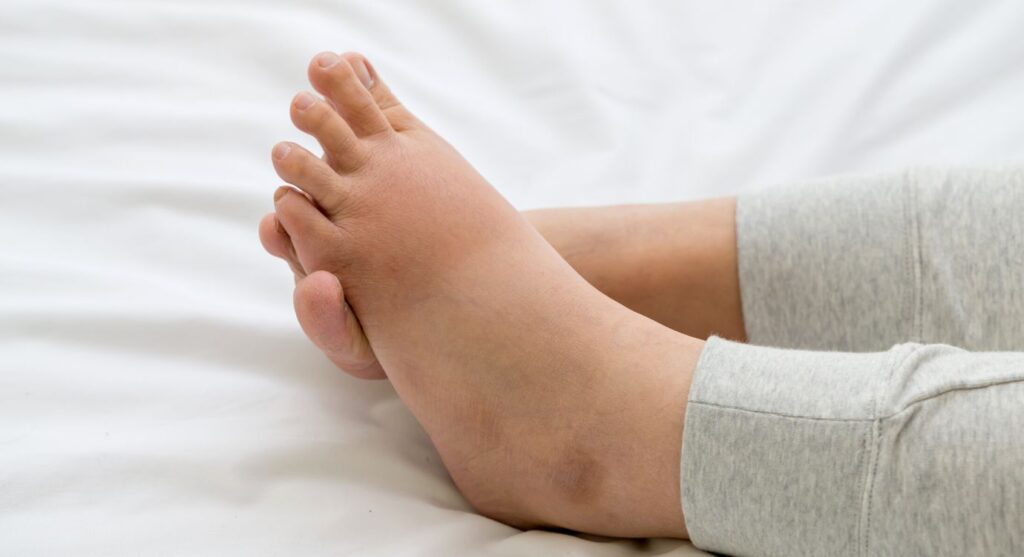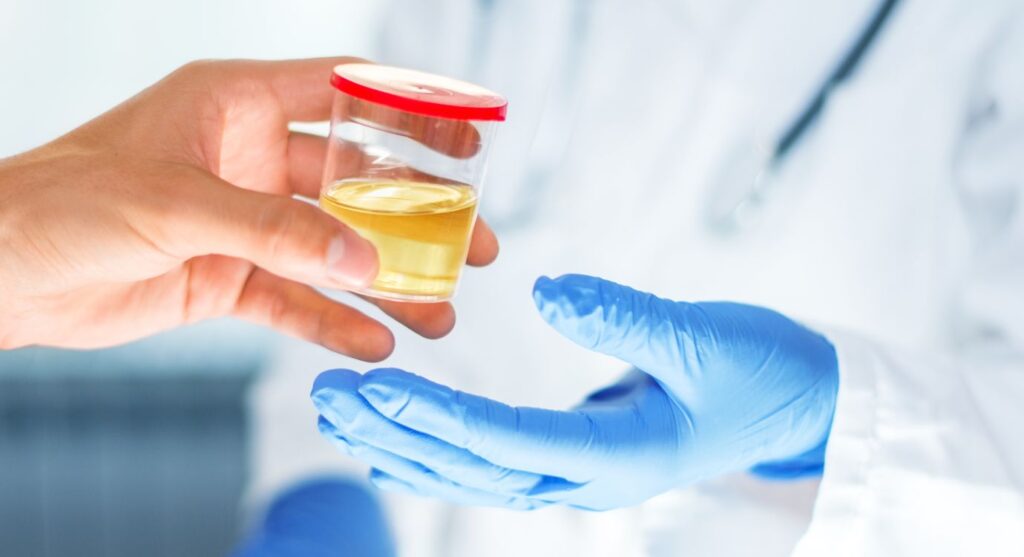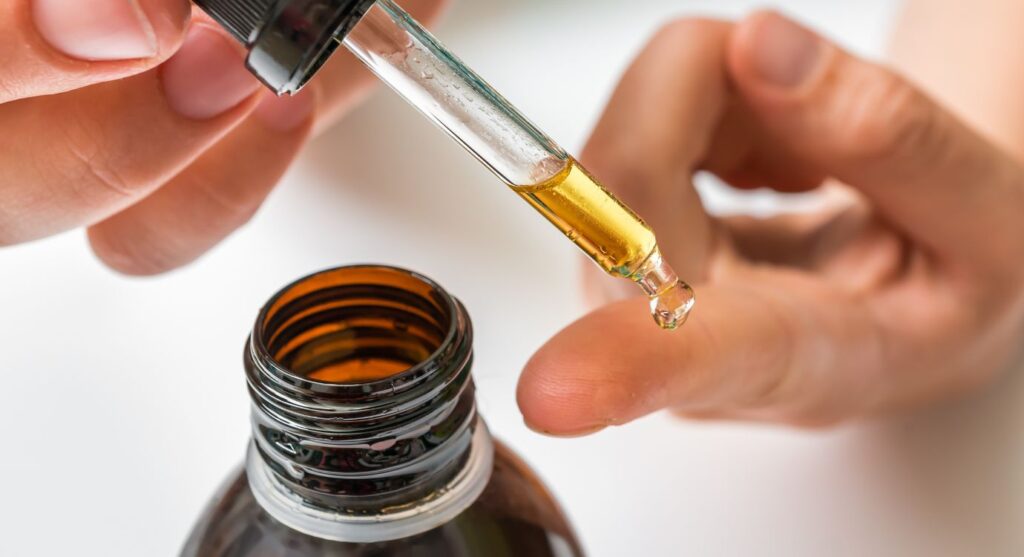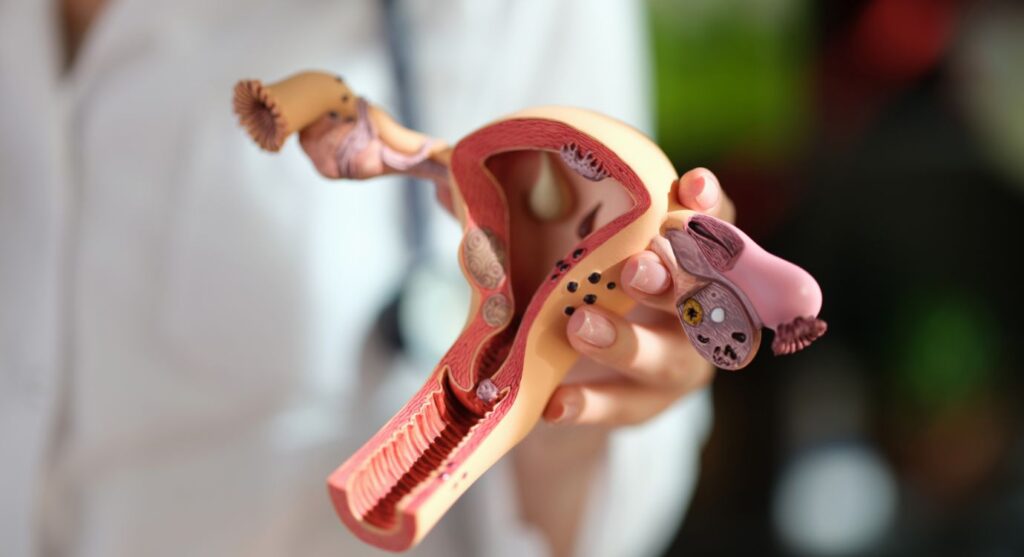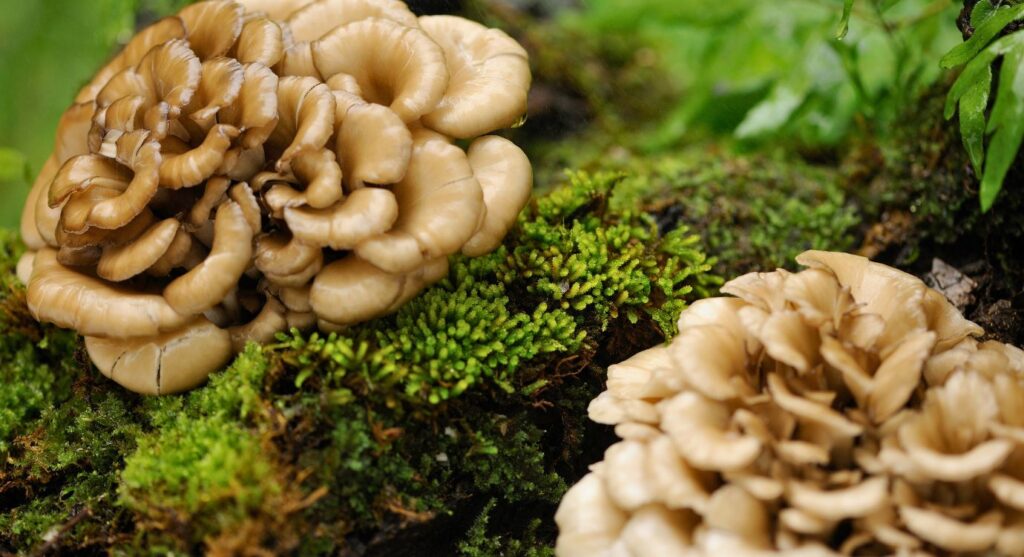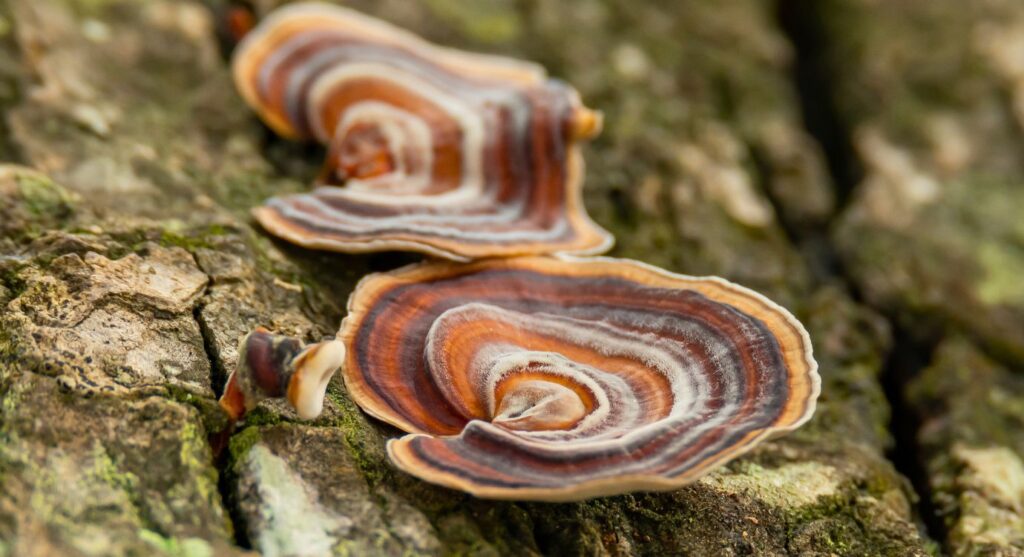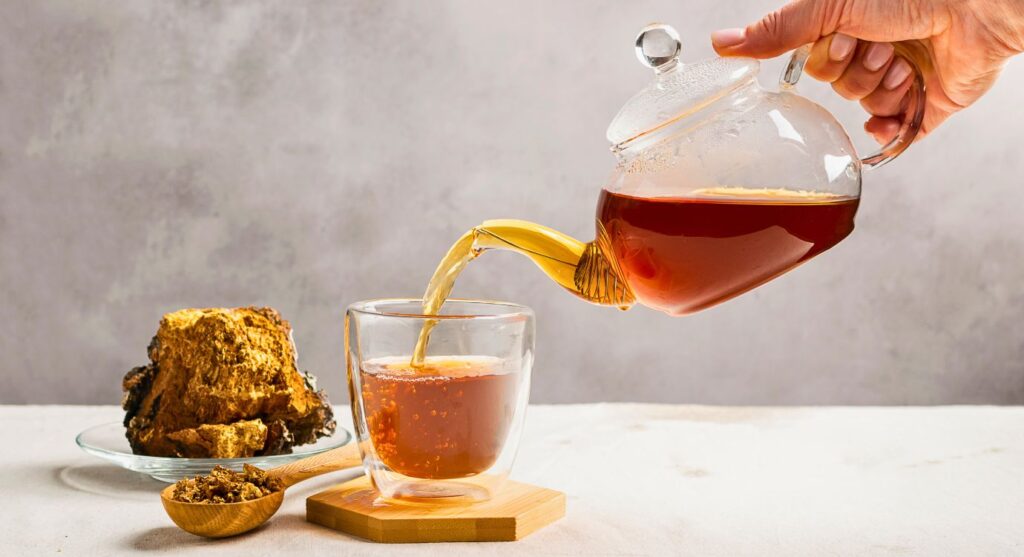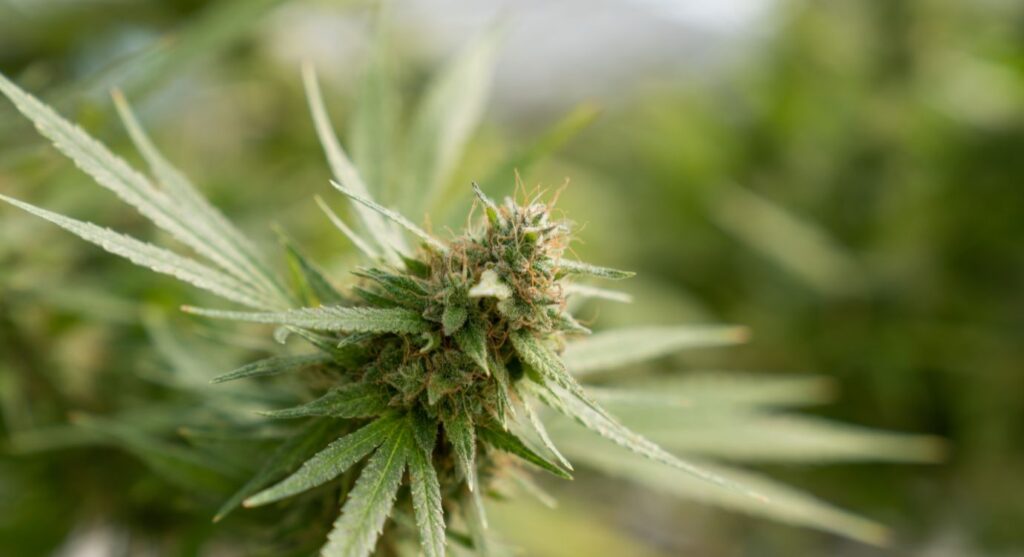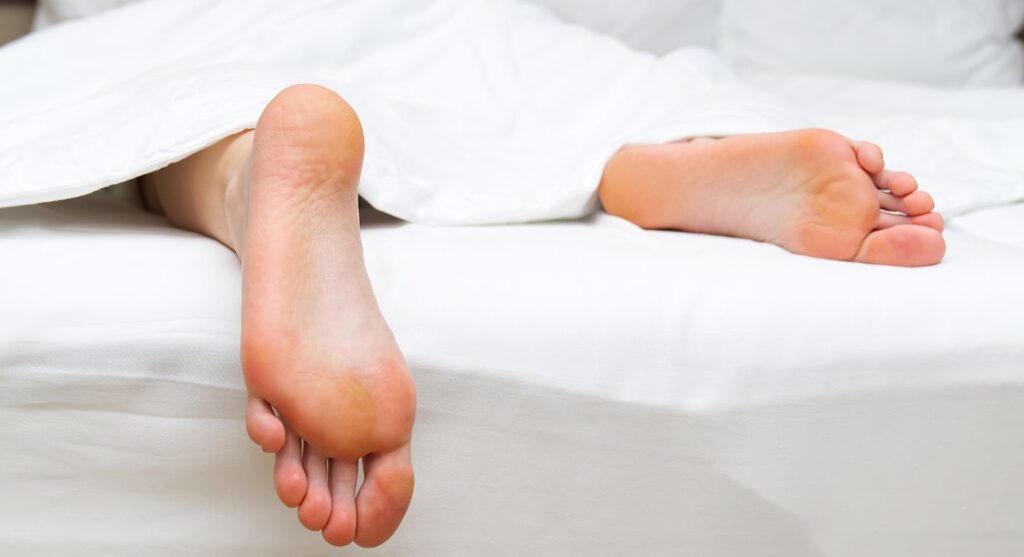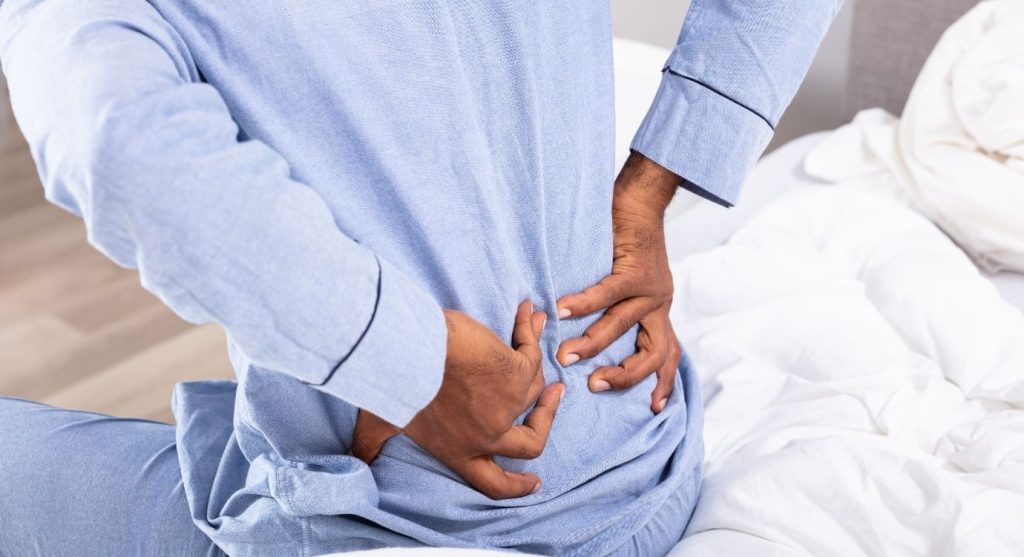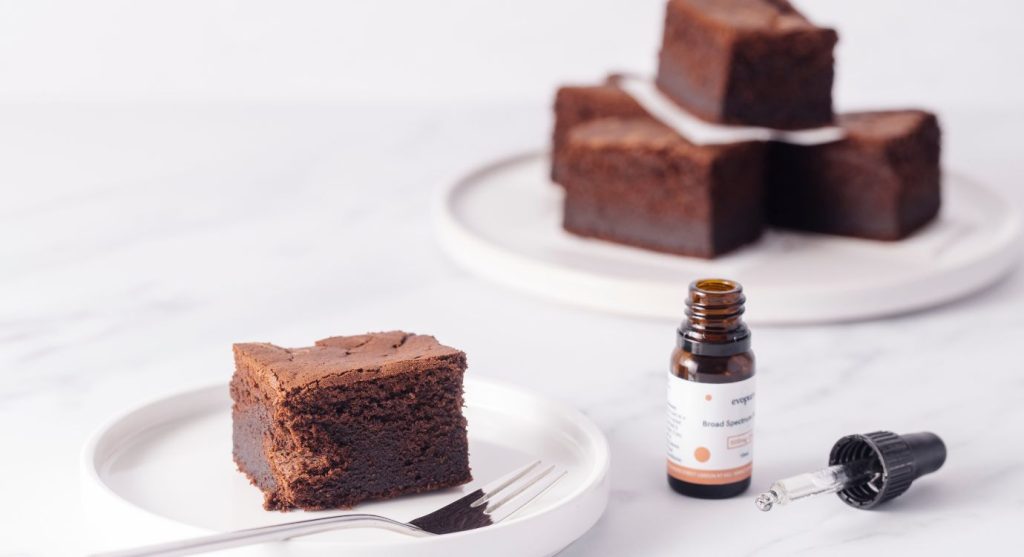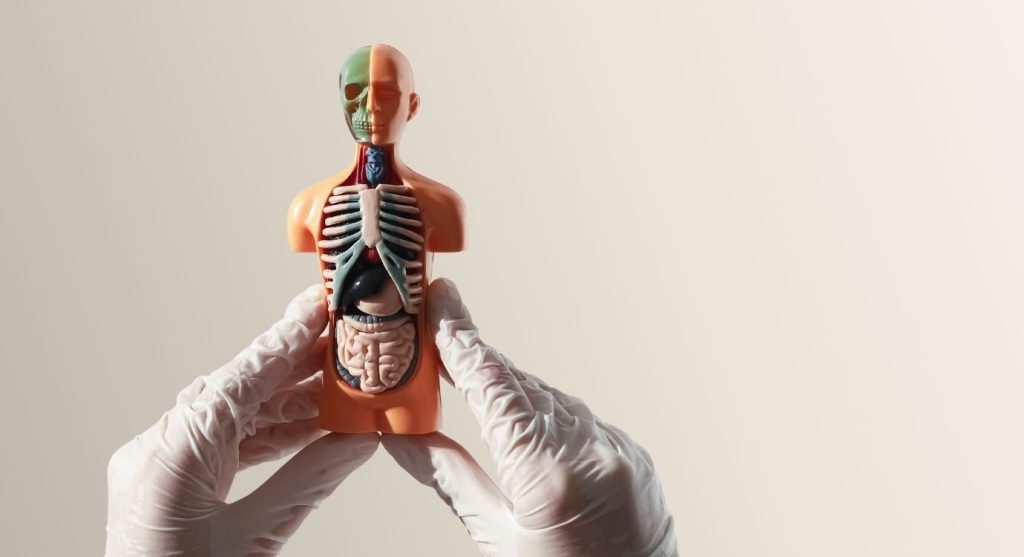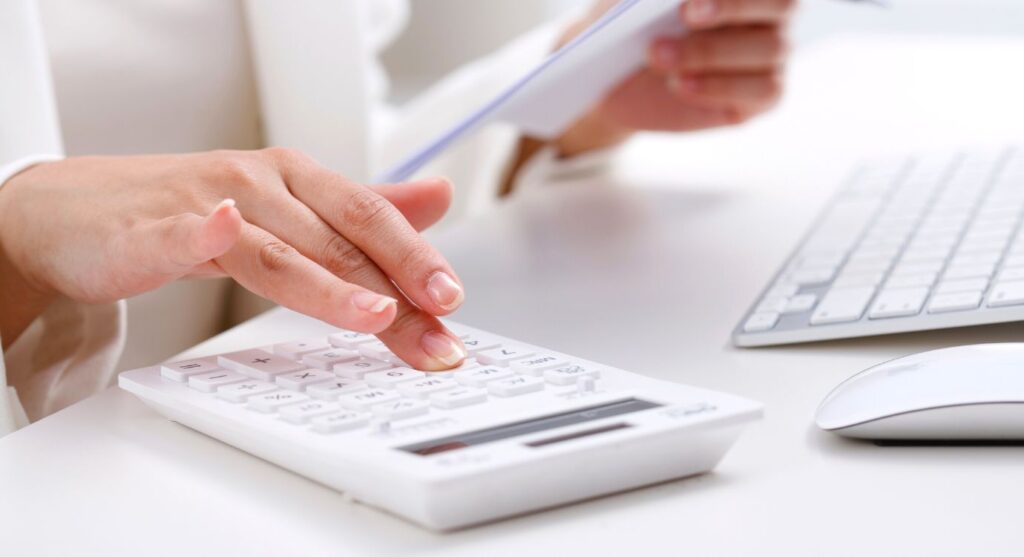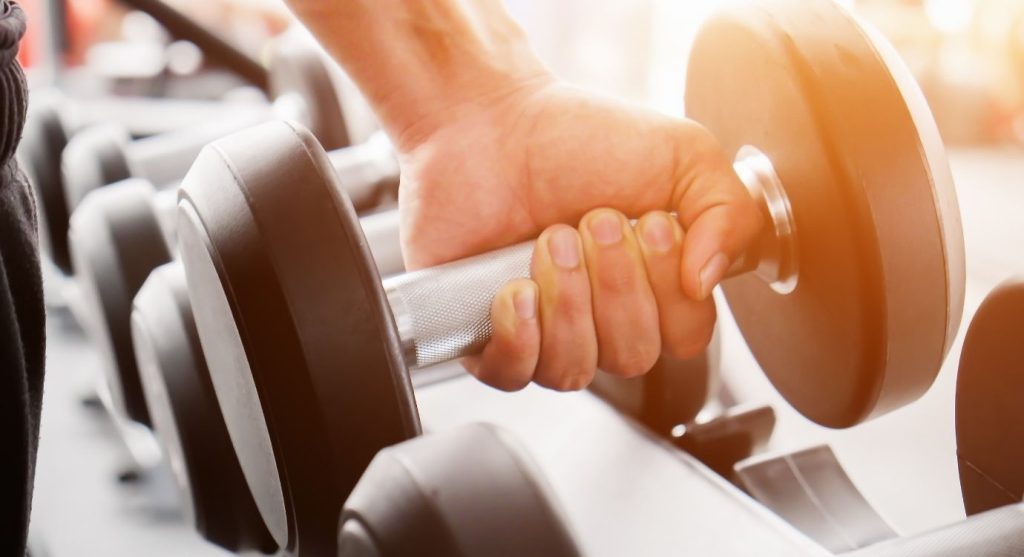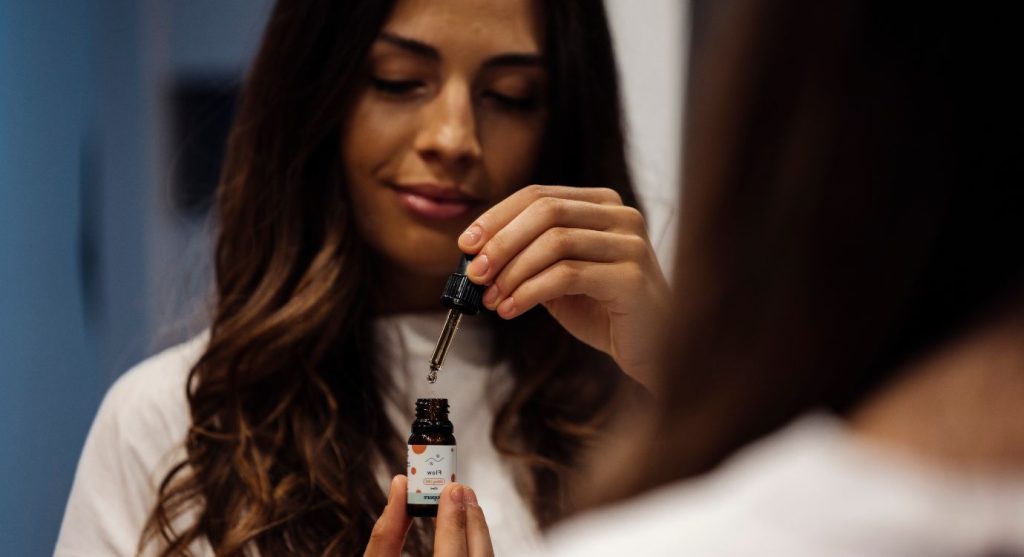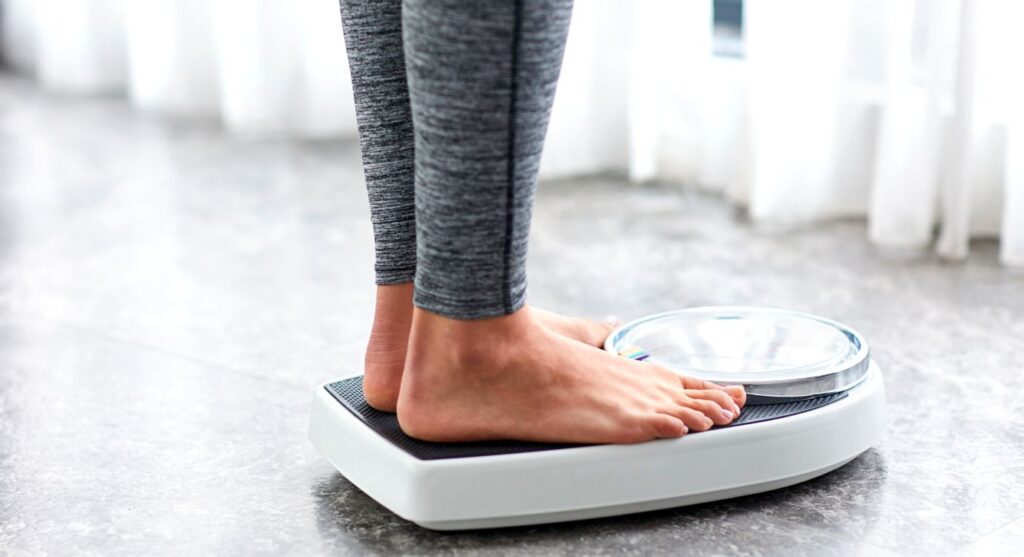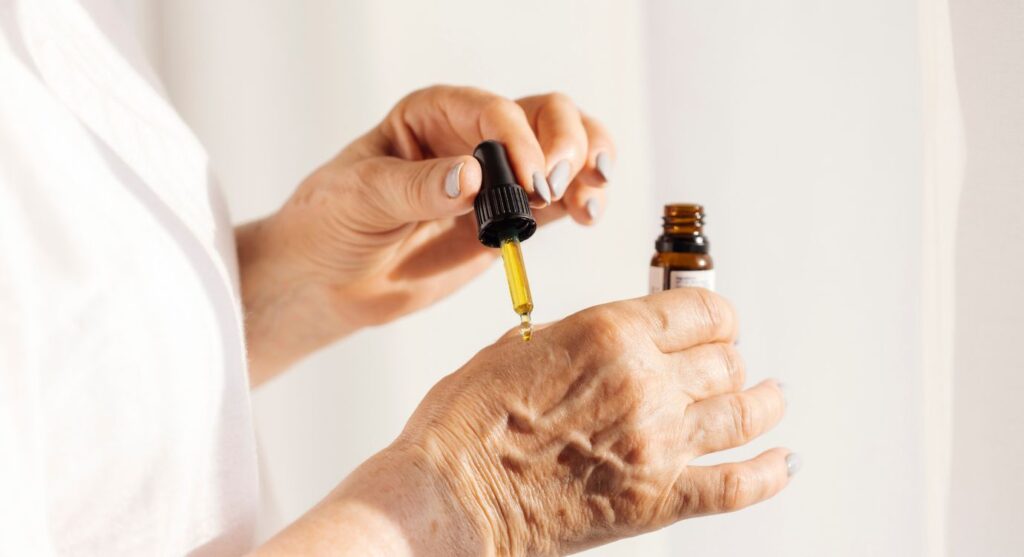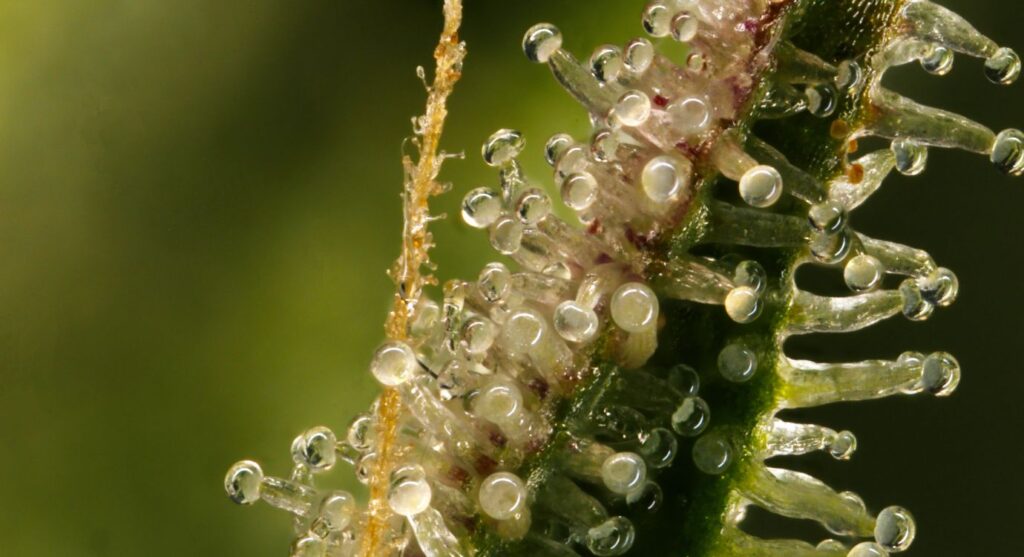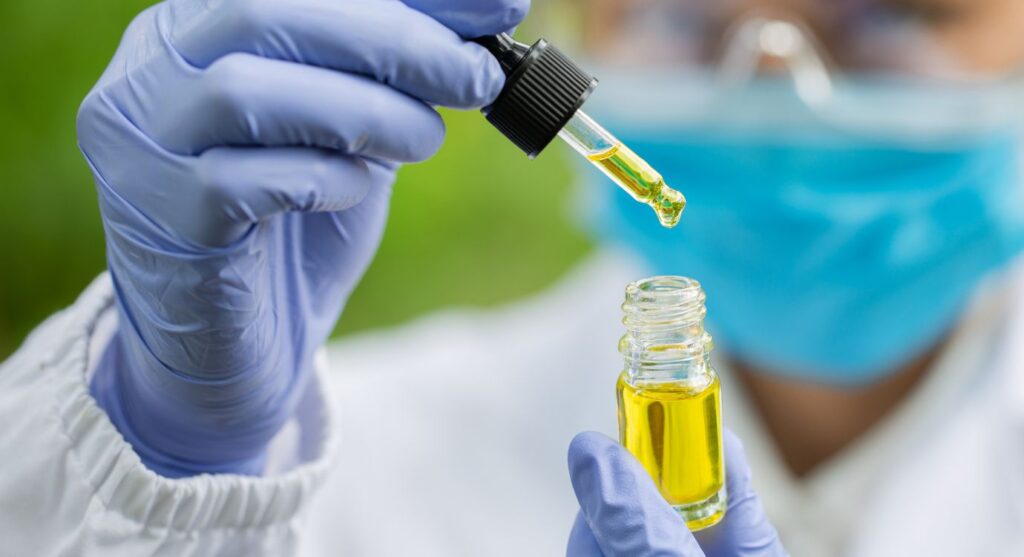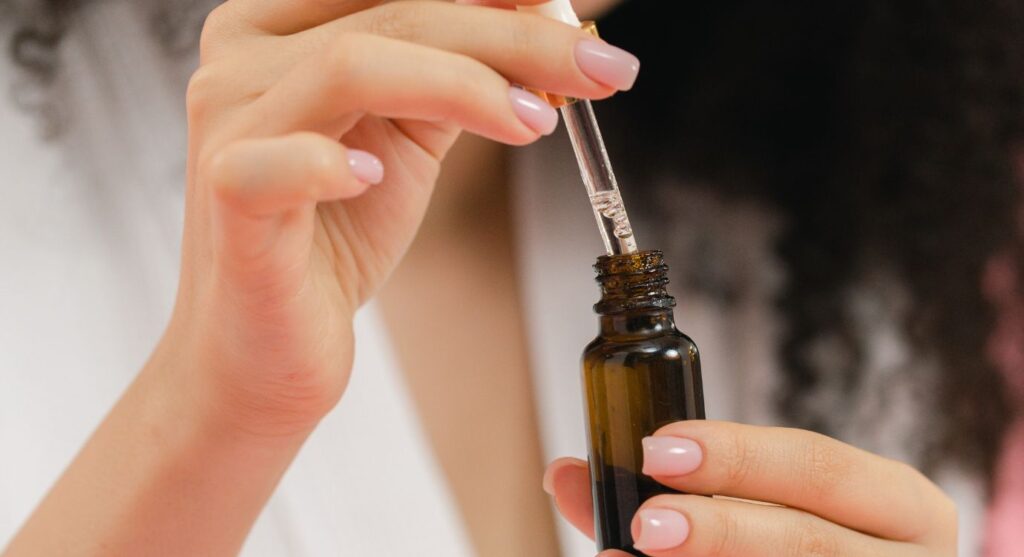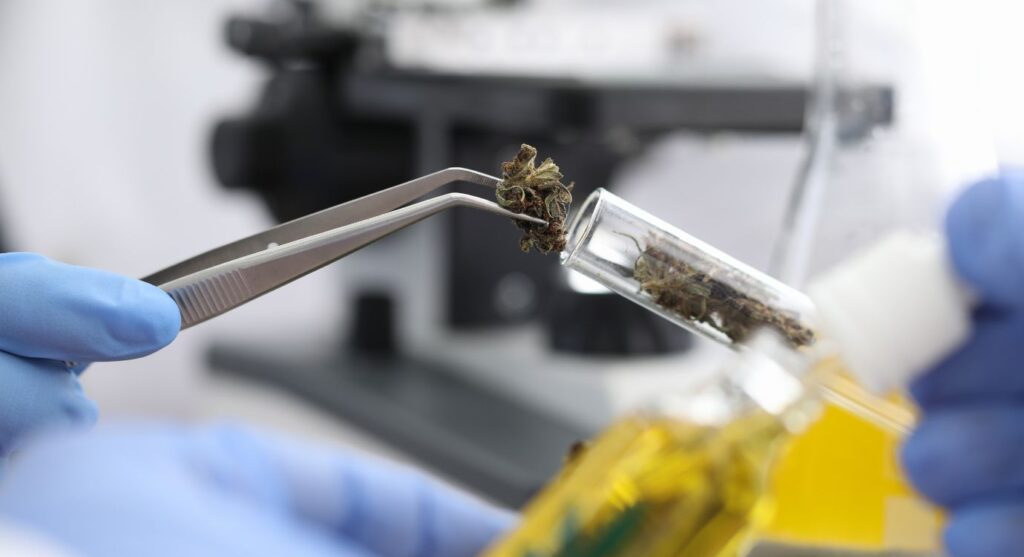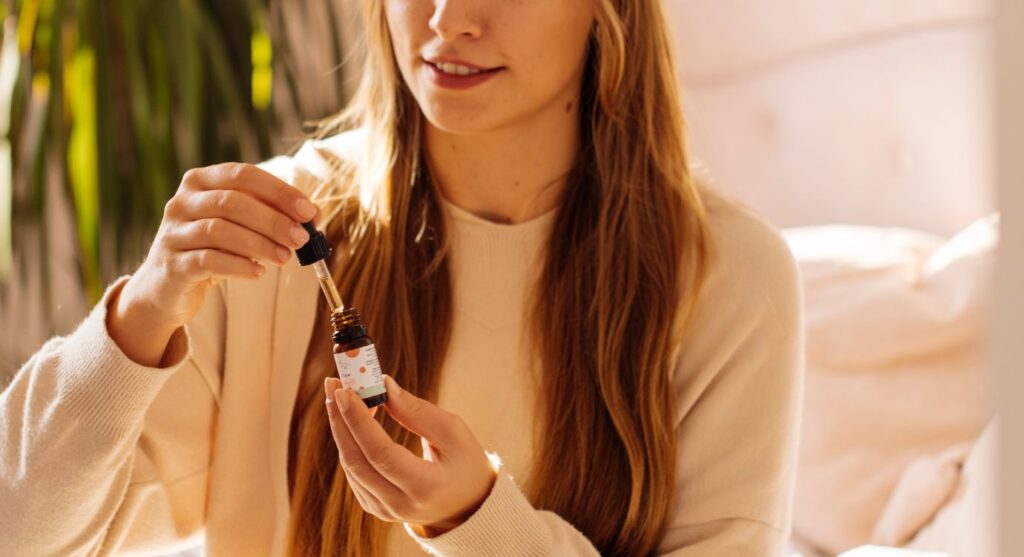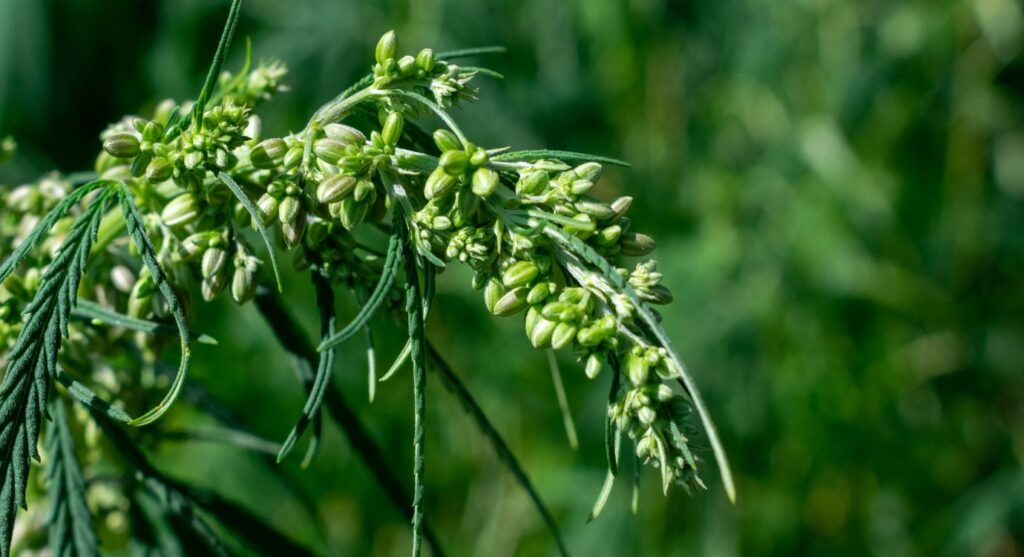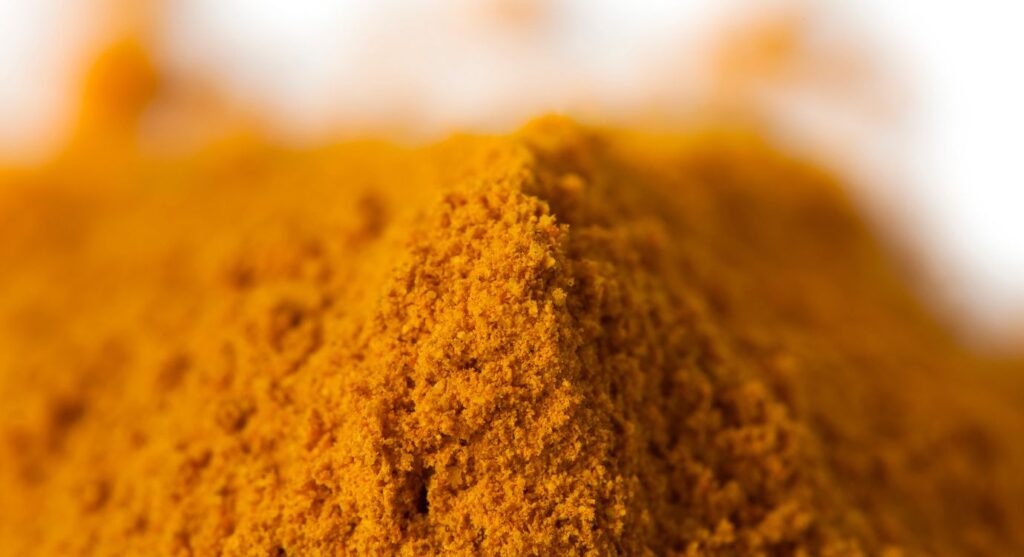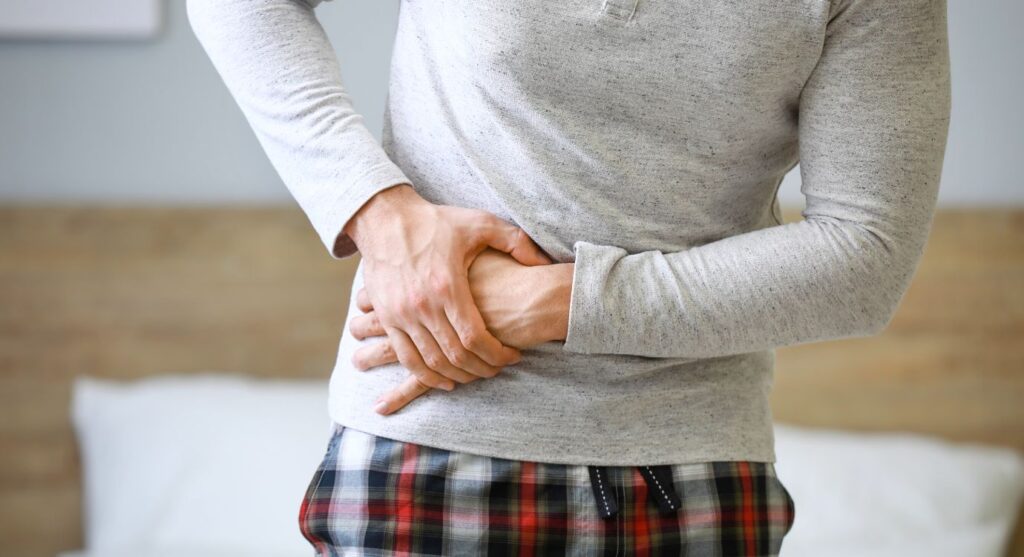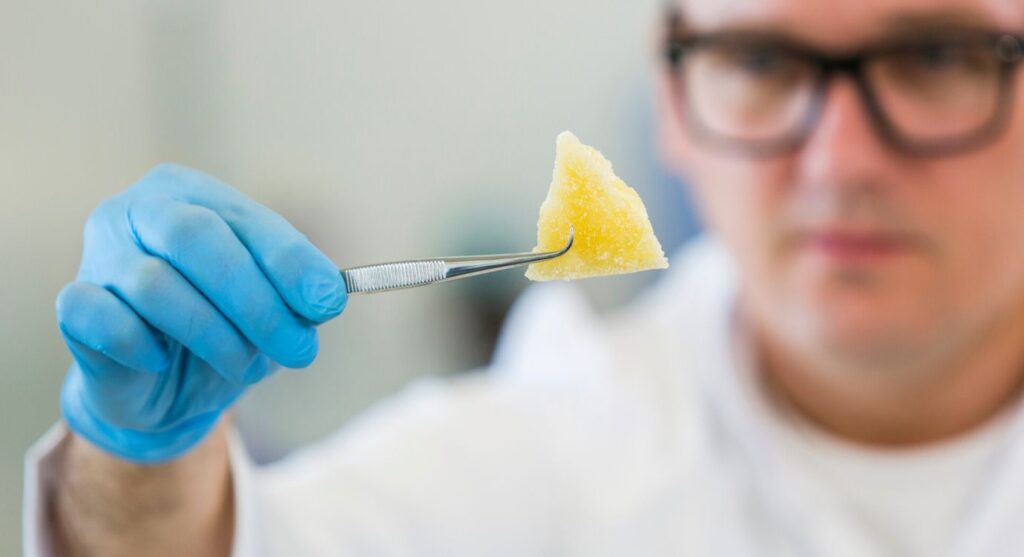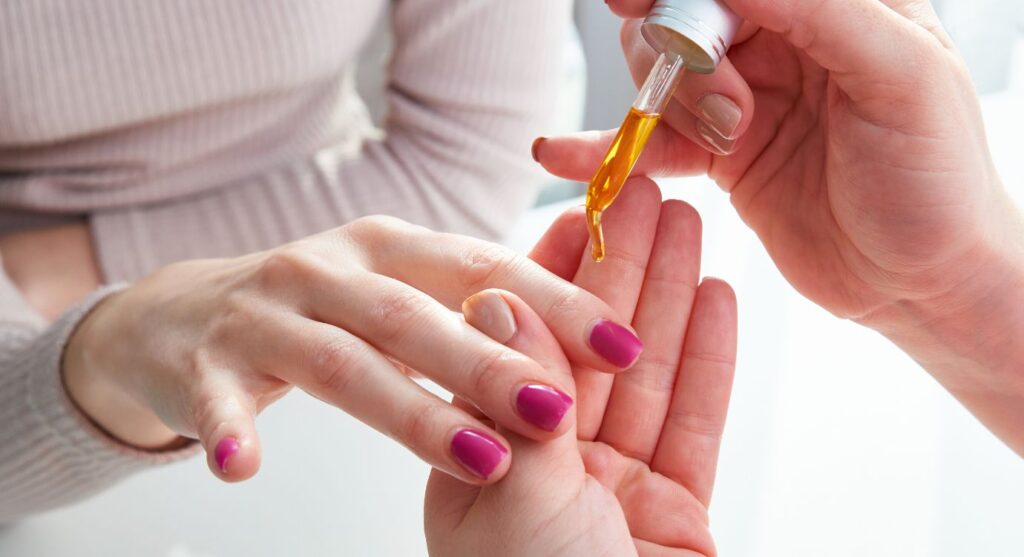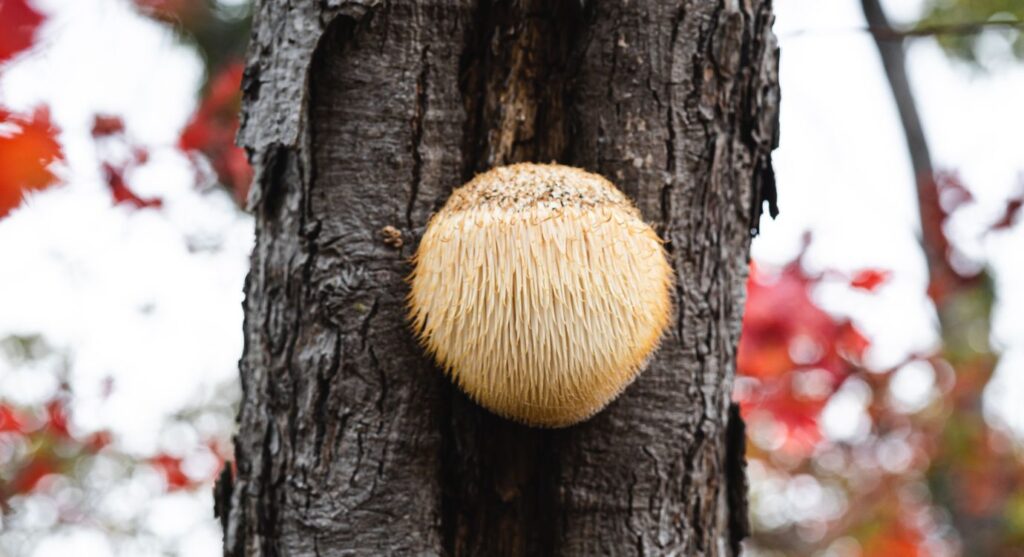You’re not alone if your monthly cycle sends you straight to bed with a hot water bottle and painkillers.
Around 80% of people who menstruate will experience period pain at some point.
And for approximately 5-10% of people, this pain will be enough to disrupt their lives.
Since CBD oil may offer some promise as an anti-inflammatory and pain relief method, it makes sense that many wonder if using CBD might be a viable option to help manage PMS (premenstrual syndrome) and painful periods.
Join as we look at the following:
- Can CBD help with PMS?
- What is the correct CBD dosage for PMS?
- How to choose the best CBD for period pain
Here’s everything we know about using CBD oil for PMS…
In this guide:
Does CBD help with PMS?
“My periods are excruciating. Could CBD help my PMS symptoms?”
Let’s start at the beginning.
Treating PMS requires a combined approach, as symptoms can vary widely between individuals – and some people may experience different symptoms every month.
As well as cramps, it’s not uncommon for women to experience headaches, increased irritability, insomnia, mood changes, anxiety, depression, changes in appetite, breast tenderness, and bloating or stomach upsets.
“Why do I get painful periods?”
Fluctuating hormone levels are to blame for many PMS symptoms.
In many cases, period cramping is completely normal and simply results from contractions in the uterine lining.
But sometimes, pain associated with periods can signal an underlying cause.
This could include endometriosis, where uterine tissue grows outside the uterus, leading to painful cramps. Or fibroids, which are non-cancerous growths that develop in the uterus.
Painful periods also occur when there is a build-up of prostaglandins in the body. These can lead to flu-like symptoms, including headaches and fatigue.
Read more: CBD oil for endometriosis
10% off on your first order
Complete this one-minute quiz and find the right products for you.
Why might CBD offer relief from PMS symptoms?
CBD’s benefits come from the ability of this clever cannabinoid to interact with and support our endocannabinoid system (ECS) – a complex network of cells and receptors responsible for maintaining homeostasis and balance in the body.
If our ECS malfunctions, this can lead to a whole host of health problems. This is where CBD comes in. While scientists still don’t understand the process’s intricacies, we know that CBD can help boost and recalibrate our ECS.
Endocannabinoid receptors have been discovered all over our bodies, including in
- Nerve cells in the brain
- Spinal cord
- The spleen
- White blood cells
- Endocrine gland
- Parts of the reproductive system
- The gut
- Urinary tract
- The skin
- The liver
- Cardiovascular system
The presence of endocannabinoid receptors in the reproductive system gives some hope that this substance could one day be a viable treatment for conditions such as painful periods.
With our current understanding, we know there may be potential that CBD can offer some relief for some of the symptoms of PMS – in conjunction with other remedies.
Pain killers, heat therapy, aromatherapy and TENS (transcutaneous electrical nerve stimulation) can all help individuals find relief during their monthly cycle.
Read more: CBD for pain relief
Can CBD help with PMS mood swings?
More research is needed into the benefits of CBD for PMS and hormonal mood swings, but this is not to say that individuals cannot explore this option in the meantime.
CBD may be paired with other ingredients for an added boost.
For example, if you’re hoping to manage mood swings, look for CBD products with added ingredients such as CBD with turmeric.
Turmeric contains the compound curcumin, which is thought to help improve mood and memory in older adults.
Curcumin also offers anti-inflammatory and antioxidant benefits – which could help you to manage painful periods.
Can you use CBD oil for period pain?
The data on using CBD for period pain specifically is incredibly limited.
More research is needed for essentially everything CBD related – but also, as studies into women’s health issues are historically sparse, it’s disappointing – but not surprising that we have very little data on this.
However, a 2015 animal study indicates that CBD’s anti-inflammatory and pain-relieving properties may help relieve period pain.
Moreover, other research does support the use of CBD to help ease chronic pain more generally – meaning it might also help reduce menstrual cramps and other period-related symptoms.


5 Ways to use CBD for PMS
As the popularity of CBD has grown, so has the number of ingestion options.
Want your CBD fix via a bath bomb? Now you can. Or maybe you’re old school and want to stick to drops under the tongue.
Here are six of the best ways to use CBD for PMS.
1. Drop CBD oil under your tongue
As a rule, sublingual ingestion (dropping high-quality CBD oil under your tongue and holding it there for 45-60 seconds before swallowing) is generally considered the superior method of ingesting CBD as it offers the highest bioavailability.
We’d recommend this as one of the most effective ways of consuming CBD for PMS.
2. CBD patches
CBD patches may be a good option for managing PMS pain, as they offer a great way of targeting a painful area.
They can also be left on overnight, meaning they won’t wear off after a few hours – allowing a steady release of CBD into your system – potentially reducing the chances of being woken by period pain in the night.
3. CBD bath bombs
Some people may find a hot bath helps to relax and soothe cramps – combining CBD with a relieving hot bath may offer an extra therapeutic experience.
CBD bath bombs work similarly to topical creams – you absorb CBD through your skin. CBD Bath bombs may help with muscle aches and tension, which can be common symptoms of PMS.
Read more: CBD oil bath bomb recipe
CBD tampons
This one is a little off-piste, but some retailers have started selling CBD tampons specifically intended to ease PMS symptoms.
While we’re still waiting for studies to back up the efficacy of this, there’s some sense to the products: vaginal absorption is one of the fastest ways to get CBD into the system – in this sense, CBD suppositories can be an excellent method, too.
What we would say is that if you are thinking of buying CBD-infused tampons, check the dosage of the products – a tiny CBD dosage infused into a tampon will be less effective than a higher dosage of oil – even if it seems the tampon will impact the affected area more rapidly.
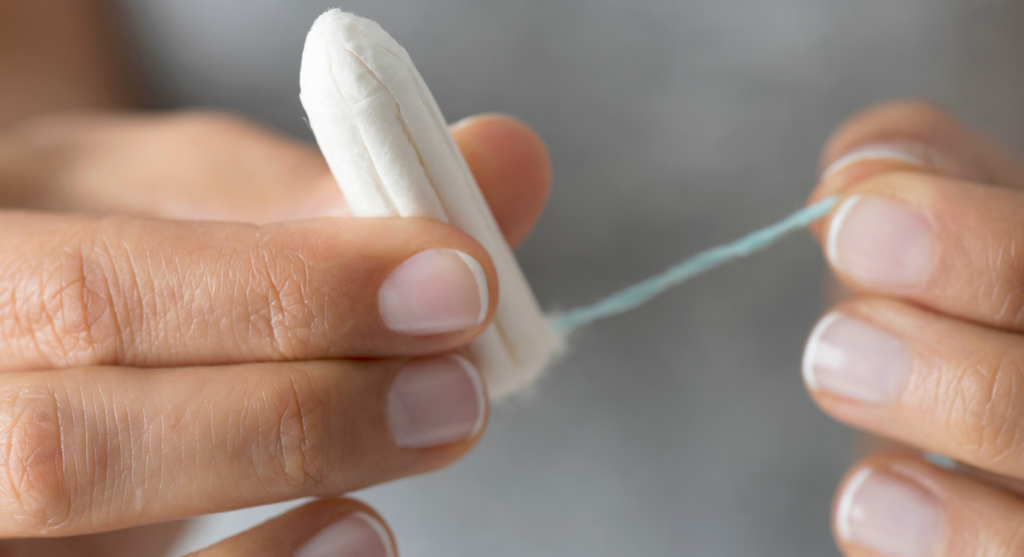

CBD capsules and edibles
Another excellent ingestion method is CBD capsules and edibles.
Capsules are an easy way to integrate CBD into already established wellness routines, and indulging in a CBD brownie can deliver all the benefits of CBD while satisfying those chocolate cravings!
However, If you’re looking for quick relief, CBD oil is likely the better option, and if you’re looking to target pain, patches are probably more efficient for PMS.
Edibles and capsules will offer more extended relief as opposed to the fast-acting relief of CBD oil.
Read more: CBD oil vs capsules
What is the optimal CBD dose for PMS?
There’s no official guidance on the optimal CBD dose for PMS. We can say that you should never exceed the FSA’s recommended maximum dosage of 70mg daily.
If you’re new to CBD, start low and slow and build up your dosage as required. If you’re looking to ease severe PMS pain with CBD, your required dosage will likely be higher than someone who is taking CBD just to relax.
Read more: How to take CBD oil
What is the best CBD for PMS?
As the old saying goes… Not all CBD is made equally (okay, maybe we adapted it a bit).
But if you’re wondering which is the best CBD for PMS, know it’s a valid question.
Generally, there are three different types of CBD on the market. Let’s take a quick look…
Broad-spectrum CBD
Like ours at Evopure, broad-spectrum CBD is a great option for PMS.
This is because broad-spectrum products also contain beneficial plant compounds, including terpenes and flavonoids, which means you’re set to benefit from the entourage effect. This is the idea that CBD works best when consumed alongside other cannabinoids.
Full-spectrum CBD
Full-spectrum CBD will also allow you to benefit from the entourage effect and can be a good option for pain management due to the inclusion of a small amount of THC (up to 0.2% in the UK).
However, be warned that, while not enough to trigger psychoactive effects, traces of THC may result in a positive CBD drug test.
CBD isolates
CBD isolates are an excellent option if you want to be certain there are no traces of THC in your product. However, they won’t allow you to benefit from the entourage effect, so they will likely be less effective than broad or full spectrum options.
While CBD is generally safe, choosing a reputable CBD seller is incredibly important. Always look for CBD that has been third-party lab tested and has a certificate of analysis. This will confirm your CBD oil is high quality and free from THC.
We also recommend ensuring that your CBD is organic to avoid any dangerous toxins, pesticides or unnecessary contaminants in your product.
Final thoughts on CBD oil for PMS
More research, please! These three words sum up our general thoughts on most things CBD-related, so you’ll hear us bang that drum a lot.
But there is massive potential in the ability of CBD to ease some of the wide-ranging – and often incredibly painful symptoms – associated with PMS. Unfortunately, at present, we have little more than anecdotal evidence to support this.
For now, integrating CBD into your wellness routine to help boost and recalibrate your ECS may be a helpful therapeutic tool for managing PMS symptoms.
If you experience a very painful period impacting your day-to-day life, make sure you speak with a medical professional. Your pain may not be ‘normal’ – and there could be treatments you are unaware of that can help.





